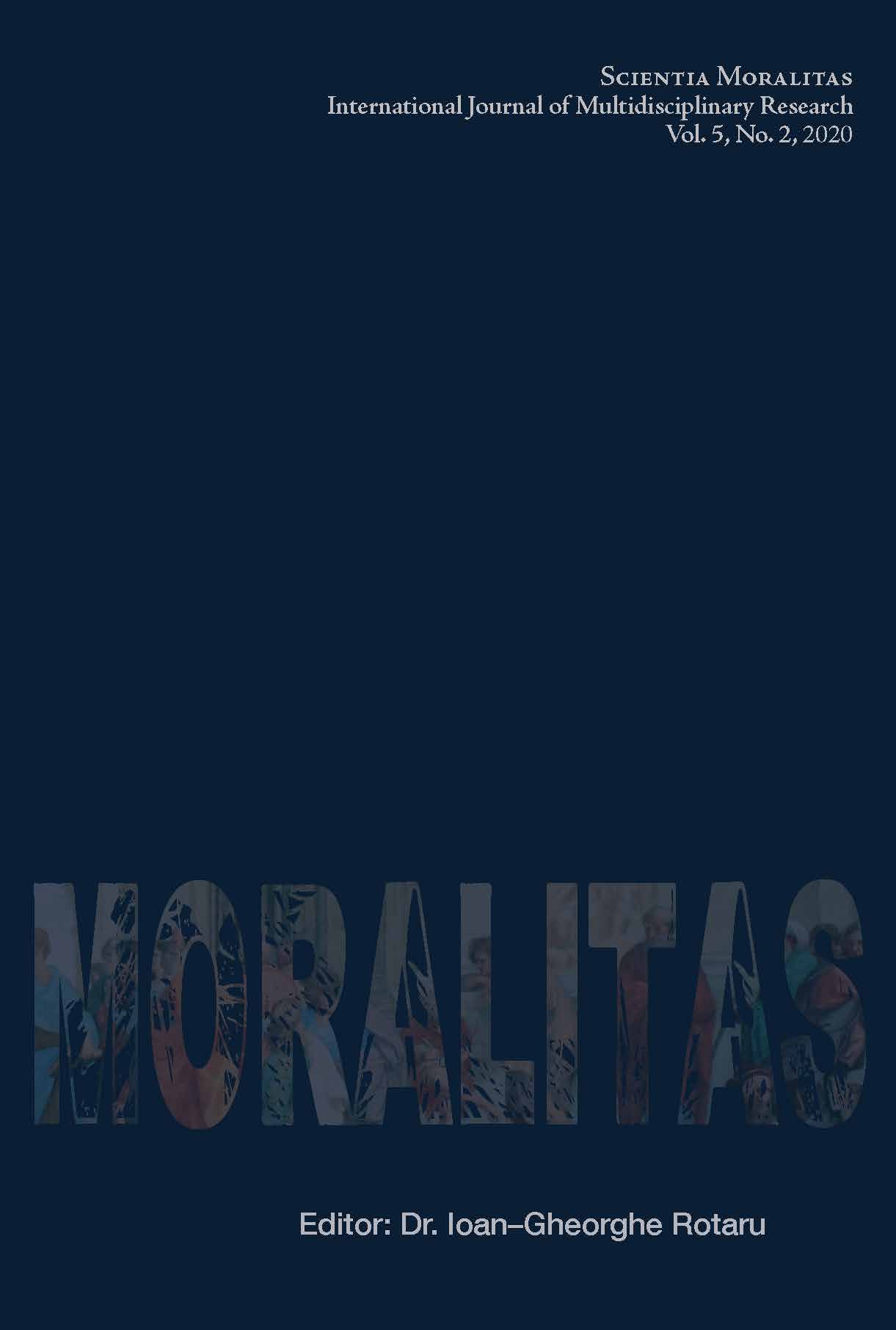Legal Rules in Ancient Rome between Law, Morality and Religion
Legal Rules in Ancient Rome between Law, Morality and Religion
Author(s): Marilena Marin, Mădălina BotinăSubject(s): Civil Law, Ancient World
Published by: Scientia Moralitas Research Institute
Keywords: law; legal norm; custom;
Summary/Abstract: We chose as a research topic for our study one of the most important components of society and the legal order: the “norm” and we propose an interdisciplinary analysis. For this reason, we stopped at the analysis of the legal norm in the period of ancient Rome and at the connection between jus (law), lex (law, legal norm), mos (custom, morality, morav) and fas (religious norm). The structure of our paper begins with the presentation of the meaning of legal norms in Roman law, the elements of the legal norm, their significance, and the effects that a legal norm (written or unwritten) produced in the ancient Roman world. Then we continued to analyze the classification of law (jus) and the connection between ius / jus and justice, respectively, the connection between law and justice, finding that the Romans never separated the right from morality, from what they considered to be just. Continuing the idea of the norm, our paper analyzes the oldest source of law, the custom (consuetudo or mos maiorum - the custom of the ancestors). During the Empire, more precisely, during the Principality (classical era), the custom or custom appears as the will of the people, which was considered to come from the gods. In terms of these perceptions, the rules were designated by the term fas, which meant the relationship between man and divinity, but also what people could do or what was forbidden by the supreme will of Jupiter (jus).
Journal: SCIENTIA MORALITAS - International Journal of Multidisciplinary Research
- Issue Year: 5/2020
- Issue No: 2
- Page Range: 16-23
- Page Count: 8
- Language: English

